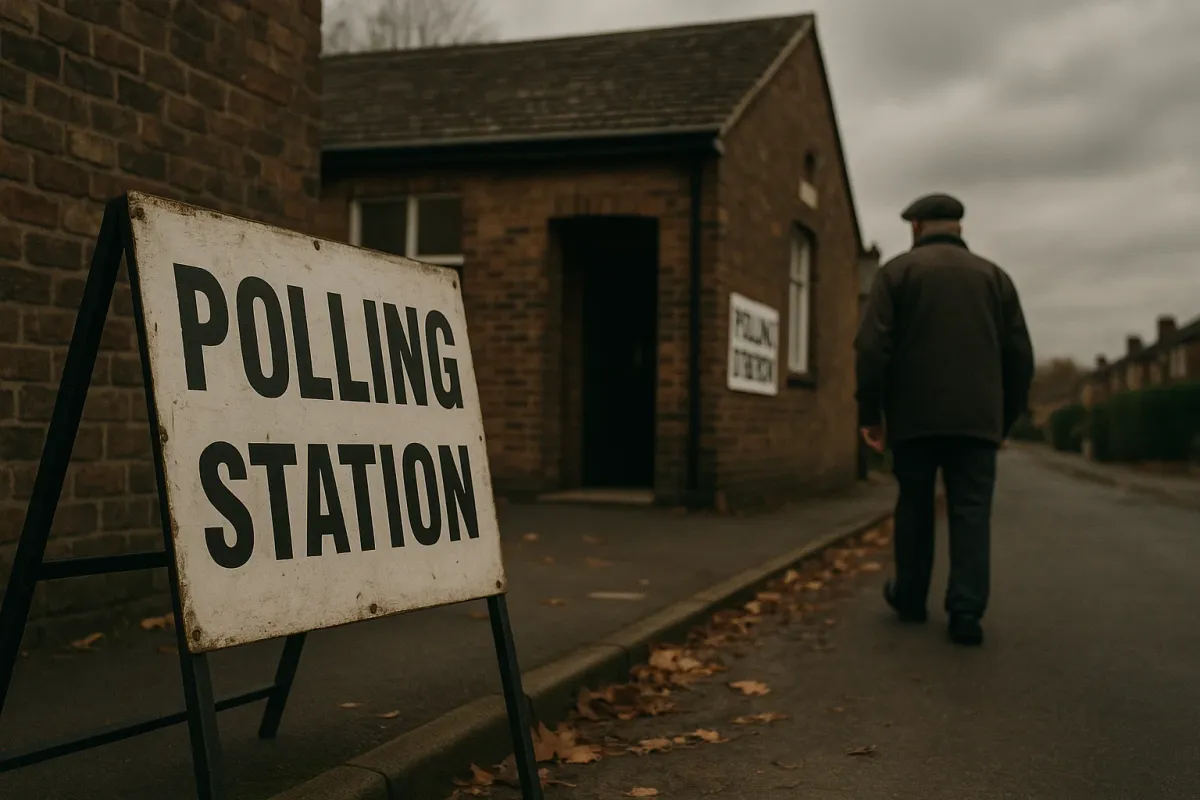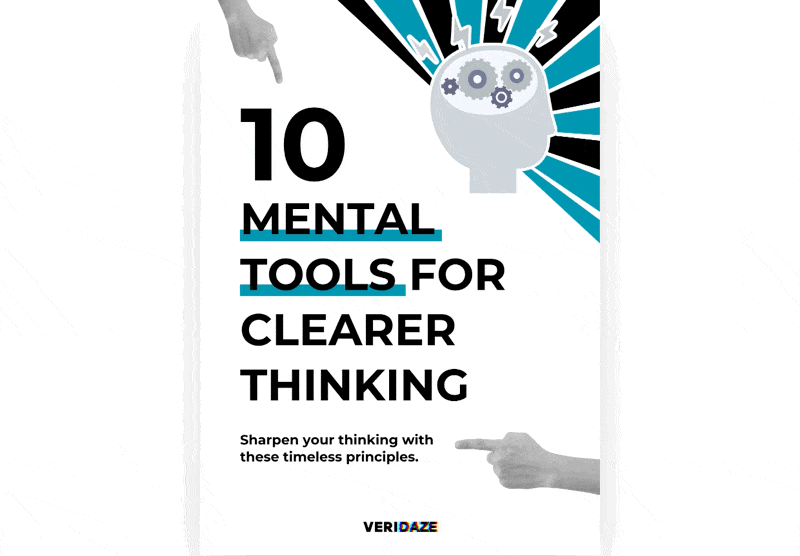When Francis Fukuyama declared the “end of history” in the wake of the Cold War, he gave voice to a widespread assumption: that liberal democracy, having vanquished its ideological rivals, would now spread inexorably across the globe, bringing with it a new era of peace, prosperity, and technocratic calm. It was a bold thesis — and, for a time, it felt right. The Berlin Wall had fallen. Markets were opening. Dictatorships were retreating. And the West, flushed with self-belief, began to see its values not just as universal, but inevitable.
Yet history has a habit of returning in the very moment it’s declared over. Today, the world teeters on the edge of renewed global conflict — not despite modernity, but in many ways because of it. The technology that was supposed to unify us has amplified division. The globalisation that promised peace has sown new dependencies and hostilities. And the institutions built to preserve international order have grown bloated, paralysed, or quietly repurposed.
What is unfolding now — from Ukraine to the South China Sea, from Tehran to Kashmir — is not a sudden rupture but a reversion. Not the emergence of something new, but the reassertion of something old and deeply embedded: the will to power. Beneath all the talk of international norms and rules-based orders lies a more primitive truth, one we were briefly privileged to forget — that violence, not dialogue, has been the ultimate arbiter of history.
The so-called Long Peace, stretching from the aftermath of the Second World War until the early 21st century, was never a product of moral evolution. It was a product of equilibrium. Nuclear deterrence, American hegemony, and the economic interdependence of great powers created a kind of enforced restraint — uneasy, imperfect, but just about sufficient to hold the world in check. When that equilibrium faltered, the fantasy that peace had become our natural state began to unravel.
Think better. Get the FREE guide.
Join Veridaze and get 10 Mental Tools for Clearer Thinking — a free guide to cutting through noise, confusion, and nonsense.
The West, lulled by its own mythologies, mistook this engineered balance for evidence of civilisational maturity. It believed that prosperity would pacify autocrats, that connectivity would outcompete coercion, that free markets would usher in free societies. In truth, what we witnessed was not the spread of liberalism, but its mimicry — a kind of ideological cosplay by regimes that took the tools of modernity and repurposed them to entrench power. China embraced capitalism, but not liberty. Russia flirted with openness, only to revert with teeth bared. Iran, North Korea, and their proxies never even pretended.
At the same time, the West turned inwards. It disarmed not only in the literal sense — scaling back hard power and war-fighting capacity — but in the philosophical sense too. Strength became a source of embarrassment. National identity was rebranded as xenophobia. Moral confidence gave way to postmodern self-doubt. While adversaries trained for asymmetric warfare and stockpiled drones, we held seminars on microaggressions.
It is not simply that the West became weaker. It forgot why it had ever needed to be strong. The victories of the past — over fascism, totalitarianism, and imperial conquest — were reinterpreted not as moral triumphs, but as historical embarrassments. Colonialism was remembered; the defeat of Nazism, less so. The narrative was reversed. We became suspicious of ourselves and naive about our enemies.
Now, the consequences of that forgetfulness are becoming visible. The idea that wealth would civilise those who wield it was always wishful. As it turns out, tyrants don’t need blue jeans and Big Macs — they need drones, surveillance networks, and access to Western capital. The internet did not make authoritarianism obsolete. It made it scalable. The dream of a frictionless global society has given way to a multipolar world of fractious powers, many of whom believe — not without reason — that the future belongs to them.
And yet, we are surprised. We ask how this could be happening again, as if war and conquest were an aberration rather than the historical norm. We lament the failure of diplomacy, while forgetting that diplomacy has always been framed by force. We cling to international law, not noticing that the institutions tasked with upholding it have become too captured or too timid to act.
The truth is, peace was never inevitable. It was never even natural. It was manufactured — held together by vigilance, deterrence, and the memory of catastrophe. That memory is fading. A generation has grown up without conscription, without missile sirens, without the visceral knowledge of what war demands. We should be grateful for that. But we should also be honest: comfort breeds amnesia, and amnesia is dangerous.
Fukuyama was wrong — not because liberal democracy failed, but because it was never guaranteed. The end of history was a mirage. And now that it has dissolved, we are faced once again with the perennial question: not how to end conflict forever, but how to contain it — and at what cost.
Further reading
The Sleepwalkers: How Europe Went to War in 1914 by Christopher Clark
A masterful account of the complex web of misjudgments and rivalries that led to the First World War — and a sobering reminder of how great powers can sleepwalk into catastrophe.
The Cold War: A New History by John Lewis Gaddis
A concise and accessible history of the Cold War, exploring how nuclear deterrence, ideology, and diplomacy shaped the most fragile peace in modern memory.
The Origins of Political Order by Francis Fukuyama
Fukuyama’s deeper look at how institutions, power, and order emerge — and why modern liberal democracies are more precarious than they seem.
On the Origins of War by Donald Kagan
A comparative study of five major wars that examines what triggers conflict, and how deterrence — or its absence — determines whether peace can hold.
Destiny Disrupted: A History of the World Through Islamic Eyes by Tamim Ansary
A sweeping and humanising narrative of Islamic history that helps explain how global narratives diverged — and why Western assumptions about progress were never universal.
The Rise and Fall of the Great Powers by Paul Kennedy
An influential study tracing how military and economic power shape the global order — and why overstretch and complacency bring even the mightiest empires to decline.
If you found this useful, consider subscribing for more thought-provoking articles. And feel free to share your take in the comments below.
You might also like:








